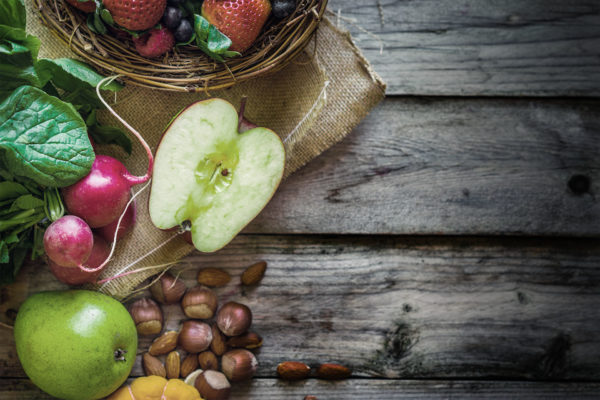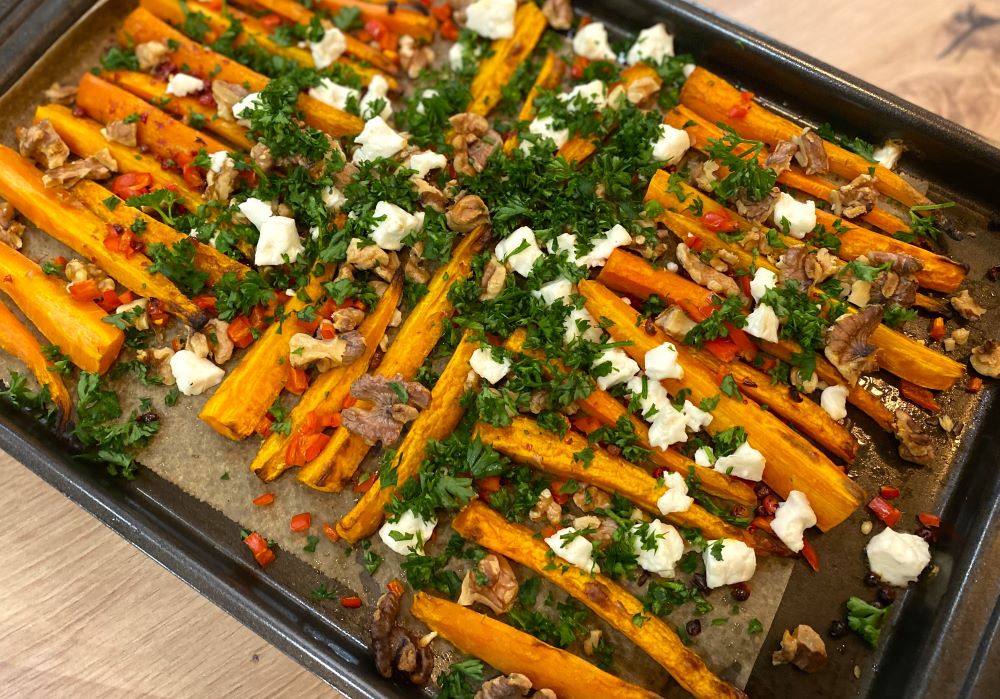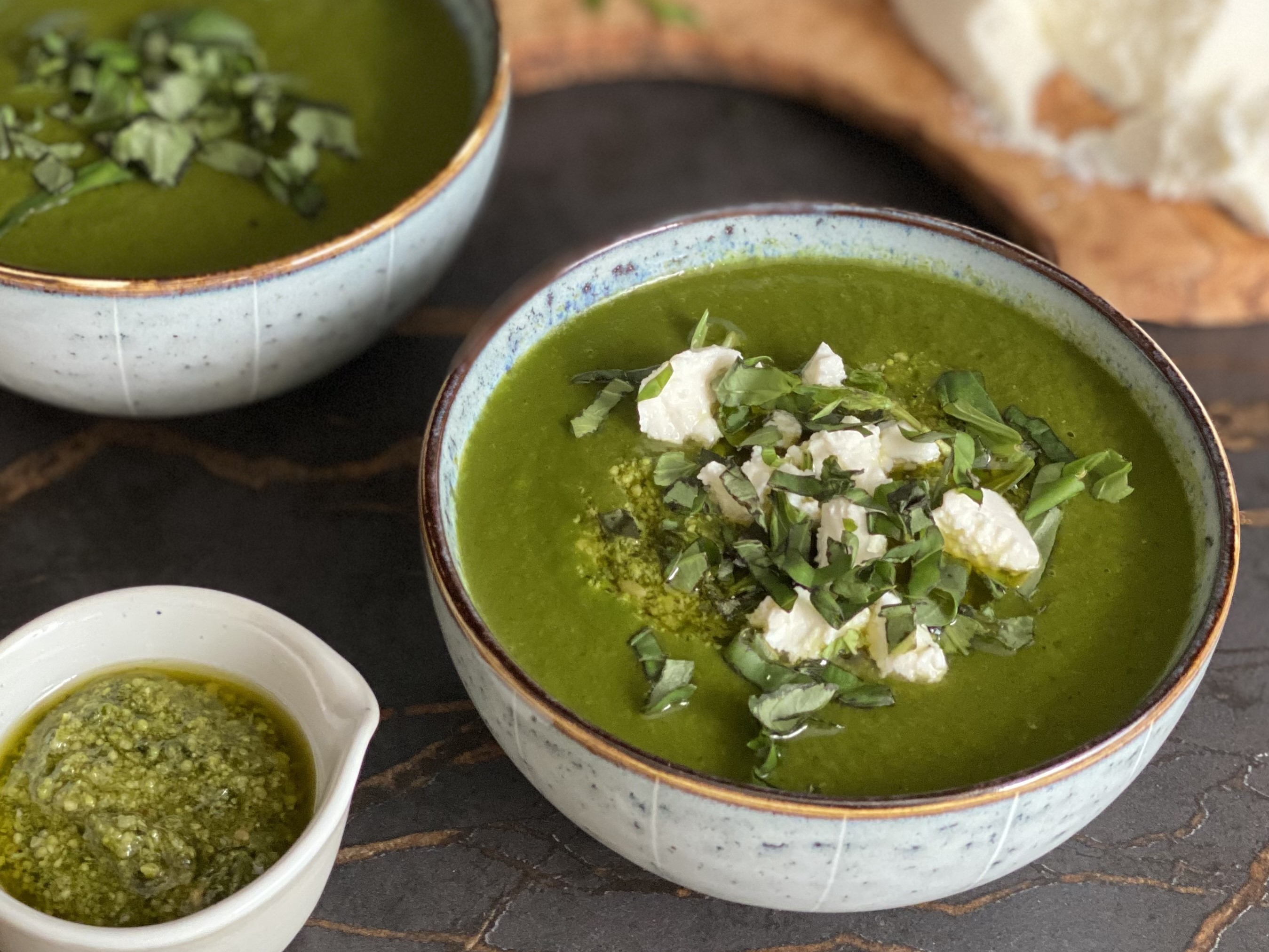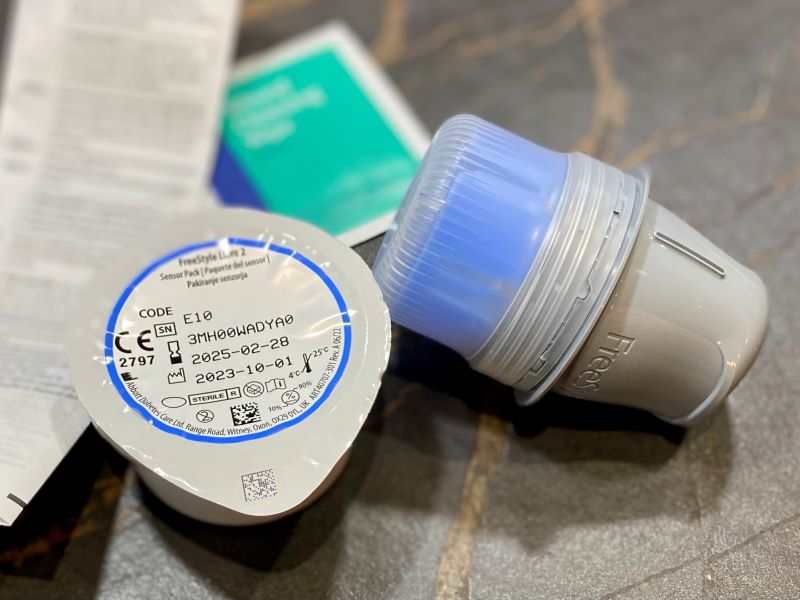Digestive complaints such as constipation, diarrhoea, abdominal pain, indigestion and heartburn are so common that many people take them for granted according to Dr Anton Emmanuel, a Consultant Gastroenterologist at University College Hospital, London.
Sadly, many people suffer even more at this time of year as our guts are not great fans of prolonged festive celebrations – rich food, too much alcohol and all the stress that comes with the festive period means that January can be a month of feeling “rough”. Often this won’t be confined to just a dodgy tummy; our immune surveillance system has its HQ in the gut with around 70% of immune system cells located there. This means that sluggish digestion combined with food and environmental toxins can also leave us vulnerable to every seasonal cold doing the rounds! Plus, quite apart from the fact that digestive discomfort is miserable, the delicate lining of the GI tract is embedded with its own nervous system so poor gut health can directly impact mental well-being. And, when you consider that chronic digestive issues can lead to damage of the GI tract lining, allowing food toxins to enter the bloodstream, it becomes obvious that poor gut health can cause much more widespread disaster.
Both my clinical experience and the learning from my MSc, which focussed on GI symptoms amongst female runner, have helped me develop effective clinical approaches to improving gut health. Over the past few years I’ve used different supplements to promote gut healing but increasingly I use healing foods as the mainstay of my clearance and restoration programmes. So I thought I’d share my top ten absolute favourite foods for a healthy, happy gut!
Prebiotics
Our gut contains trillions of microorganisms which play a vital role in maintaining healthy digestive function but they all need to be fed. Indigestible fibres like those found in asparagus, fennel, celery and artichoke are all good choices.
Probiotics
Good quality probiotic supplements are expensive but there are plenty of fermented foods containing beneficial bacteria. My favourite probiotic foods are homemade coconut yogurt, Kefir, fermented cashew nut “cheese” and Sauerkraut!
Lemon and lime Juice
These citrus fruits are rich in vitamin C, required for healthy connective tissues, and so vital for repairing damage to the lining of the GI tract. In addition, drinking freshly-squeezed lemon or lime juice in the morning helps stimulate both the liver and production of gastric juices which will kick start digestion.
Coconut oil
Rich in lauric acid, capric acid and caprylic acid, coconut oil offers antimicrobial, antioxidant, anti-fungal, antibacterial and gut soothing qualities. So it is no surprise that it has been found to benefit digestive disorders, especially those arising from microbial imbalances. I use coconut oil in many of my breakfast recipes and add to coffee to make a dairy free version of “Bulletproof” coffee.
Chia Seeds
In my opinion, these little seeds are the perfect gut cleanser; when soaked overnight they swell to around nine times their original size, forming a gel-like substance. Chia seeds are rich in polyunsaturated fats, especially omega 3 and are an excellent source of fibre. The seeds are rich in antioxidants and minerals including calcium, phosphorus, magnesium and manganese. The combination of protein, fibre and the gelling action of chia seeds when mixed with liquids mean that along with gut cleansing they can also help with gut repair and to maintain healthy gut motility.
Dark, Leafy Greens
Fibre-rich dark green vegetables play an important role in the elimination of toxins and are full of minerals and vitamins. In particular they provide a good source of magnesium, a smooth muscle relaxant that plays an important role in ensuring adequate gut motility.
Apples
The old adage “an apple a day keeps the doctor away” has fallen a little out of favour due to recent concerns about the high fructose content of apples. However, apples are high in pectin, as well as a mix of both soluble and insoluble fibre to help cleanse and release toxins from the digestive tract.
Herbs and Spices
There are lots of herbal supplements on the market that can be used to support gut health, but you can also use more herbs and spices in your cooking. In particular I use basil, oregano, parsley, mint, ginger, cinnamon, liquorice and ginger in all my digestive cleanse programmes.
Garlic
Garlic contains high levels of allicin a natural compound with powerful antimicrobial, antibacterial and antifungal properties. Adding more garlic to the diet will help with digestive issues relating to microbial imbalance although those with FODMAP sensitivities should consider taking garlic in capsule form instead.
Superfood Sweeteners
Sugar can overwhelm the pancreas, disrupt blood sugar balance and contributes to the overgrowth of ‘unfriendly’ bacteria and yeasts. So avoiding sugar is pivotal to improving a range of gut health issues. The good news is that there are a number of sweet alternatives that can actually improve gut health including nutrient dense bee pollen and lucuma. I also use Yacon which has a high content of Fructo-oligosaccharides (FOS) and inulin providing a perfect food source for “good” bacteria, such as bifidobacterium.
